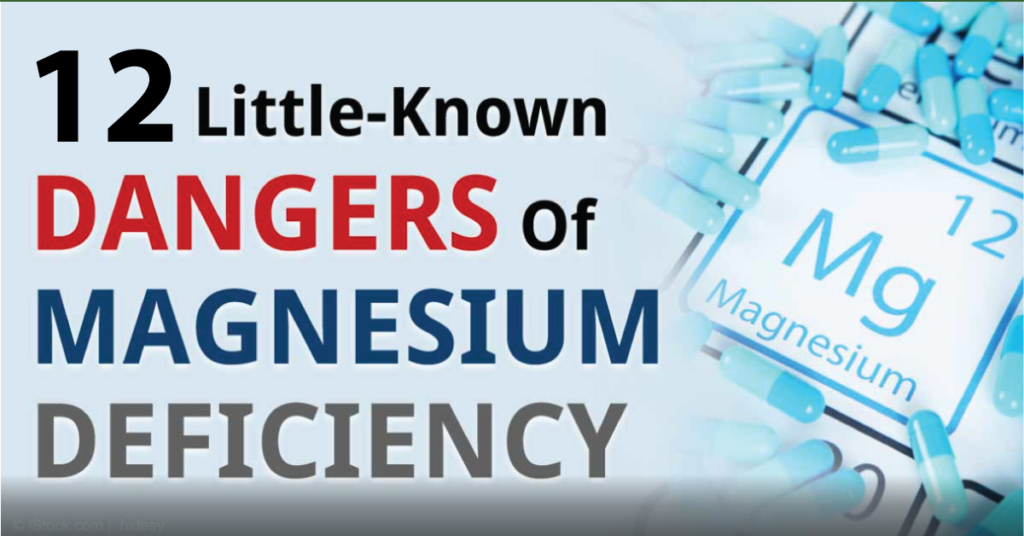Magnesium is a crucial mineral that plays a vital role in numerous bodily functions, yet nearly half of all Americans do not consume enough of this essential nutrient. Understanding magnesium deficiency can help prevent serious health complications and improve overall well-being.
Understanding Magnesium’s Role in the Body
Magnesium is a powerhouse mineral involved in over 300 biochemical reactions. It’s critical for energy production, DNA synthesis, muscle and nerve function, and maintaining a healthy heart rhythm. Despite its importance, many people remain unaware of how fundamental magnesium is to their health.
Recognizing the Symptoms of Magnesium Deficiency
Magnesium deficiency, or hypomagnesemia, can manifest through a variety of symptoms that are often subtle and easily overlooked:
- Early Warning Signs:
- Persistent fatigue
- Muscle cramps and twitches
- Weakness
- Nausea
- Advanced Symptoms:
- Irregular heartbeat
- Seizures
- Personality changes
- Severe muscle weakness
Common Causes of Magnesium Deficiency
Several factors can contribute to low magnesium levels:
- Health Conditions
Certain medical conditions significantly increase the risk of magnesium deficiency, including:
- Diabetes
- Chronic diarrhea
- Celiac disease
- Alcohol use disorder
- Medications
Some medications can interfere with magnesium absorption or increase excretion:
- Diuretics
- Proton pump inhibitors
- Certain antibiotics
- Dietary Factors
Poor nutrition and limited intake of magnesium-rich foods can lead to deficiency. Modern processed diets often lack sufficient magnesium compared to whole food alternatives.
Prevention and Treatment Strategies
Addressing magnesium deficiency involves a multi-faceted approach:
Dietary Changes
Incorporate magnesium-rich foods into your diet:
- Nuts and seeds (almonds, pumpkin seeds)
- Whole grains
- Leafy green vegetables
- Beans and legumes
- Dark chocolate
Supplementation
When dietary changes aren’t enough, supplements can help. Common types include:
- Magnesium oxide
- Magnesium citrate
- Magnesium chloride
Note: Always consult a healthcare professional before starting any supplement regimen.
Potential Complications of Untreated Deficiency
Ignoring magnesium deficiency can lead to serious health risks:
- Osteoporosis
- High blood pressure
- Heart disease
- Increased risk of cardiac arrhythmias
- Mental health disorders
Key Takeaways
Magnesium deficiency is a common yet often overlooked health issue. By understanding its symptoms, causes, and prevention strategies, you can take proactive steps to maintain optimal magnesium levels and support overall health.
Remember: Regular check-ups, a balanced diet, and awareness are your best defenses against magnesium deficiency.






